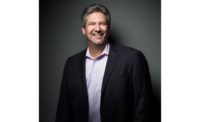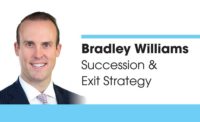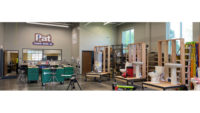During last year’s We Supply America tour, I met a young man by the name of Matt Daniel. Matt is the branch manager for Eastern Industrial in Greenville, South Carolina.
Before Eastern, he came from a broken culture where he was just a number. But at Eastern Industrial, he was more than that. He was part of a family.
I asked him what was different.
He told me unbroken cultures put people first.
Later, I brought that up with Meagan Owen, chief strategy officer at Eastern Industrial.
Meagan said businesses have to do more than talk about culture, they have to put it into action. “At the end of the day, without our people we won’t have profit. I know they have a family and personal life outside of this building. That’s what Eastern is trying to do - show that in action. We want to come alongside them and help them to be better people today than they were yesterday and better tomorrow than they are today. That’s what brings me joy.”
Meagan is driven as a leader, and as an individual, to help people become better versions of themselves.
She is not alone. On each stop on my tour, I witnessed recurring elements I believe create the kind of people-first culture that drives employee engagement and unlock employees’ full potential. I didn’t just see racks of products when I visited each distributor. I saw relationships built on:
- Dignity;
- Connection;
- Bond;
- Belonging;
- Commitment;
- Value; and
- Love.
These fundamental building blocks are the foundation of the family distributor, and I believe relevant and profitable businesses going forward.
I’m reminded of a conversation I had with Harold Keppner, outside sales at Porter Pipe & Supply.
“I started at Porter Pipe in 1993. I’ve never worked for a boss or a company that treats their employees as well as the Porter boys do. They treat me better than any boss I’ve ever had. And I owned by own business for 20 years. How can you beat that?”
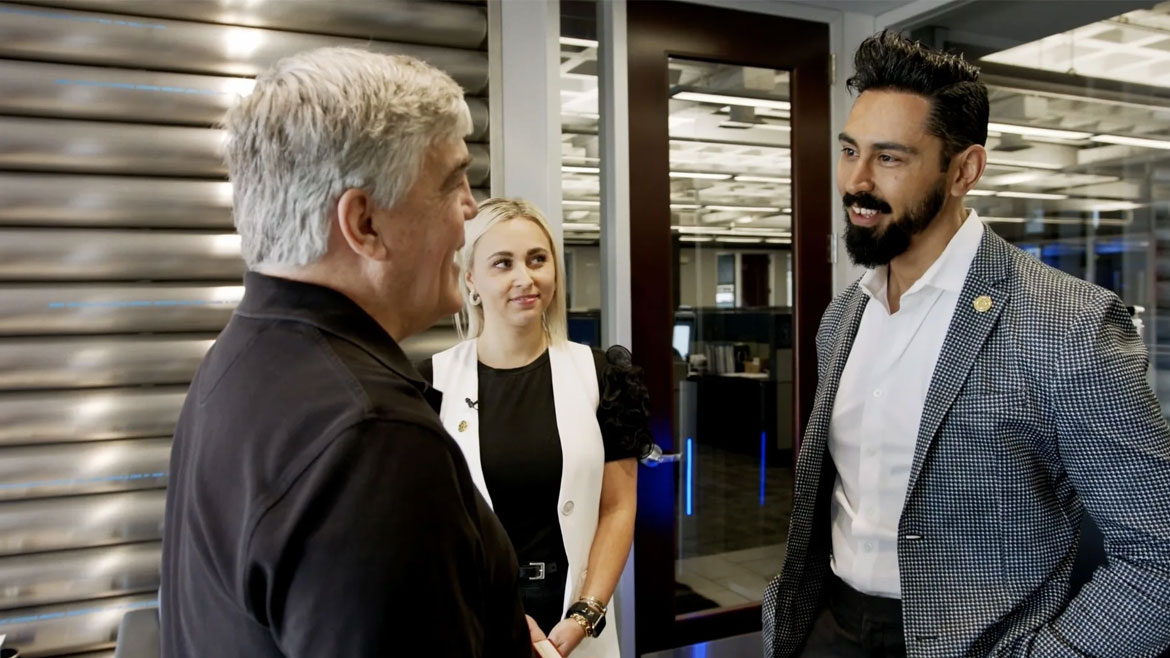 Porter Pipe & Supply was featured in Season 1 of We Supply America
Porter Pipe & Supply was featured in Season 1 of We Supply America
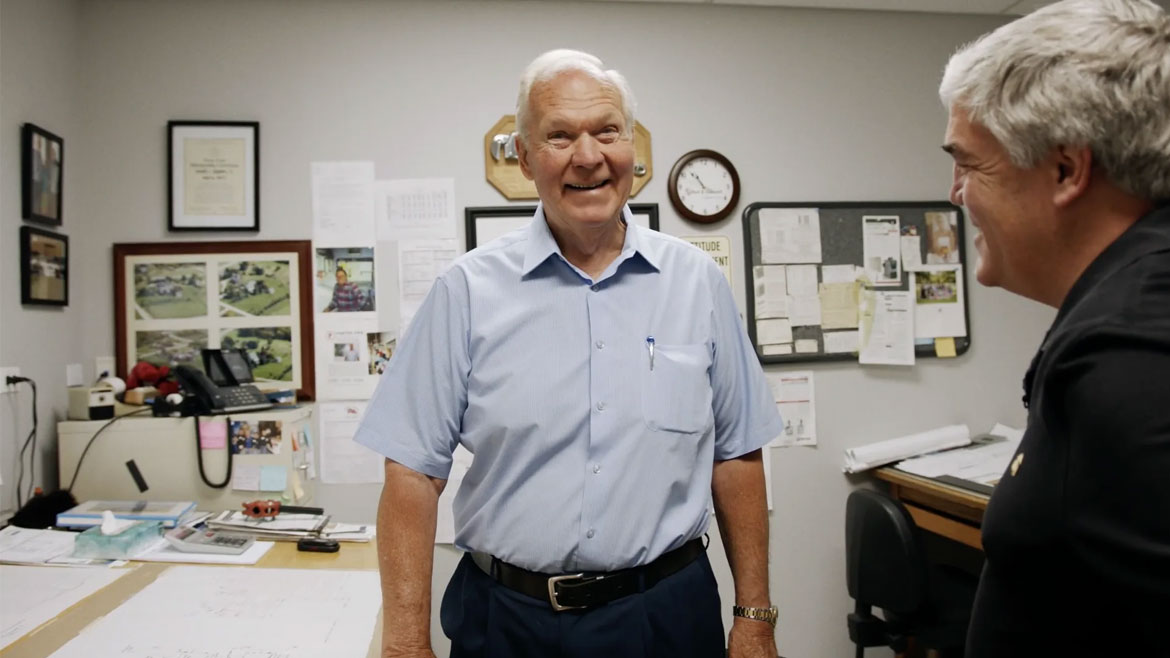 Harrold Keppner has been with Porter Pipe & Supply for 30 years
Harrold Keppner has been with Porter Pipe & Supply for 30 years
To build a people-first business, we must encourage HR leaders to not only embrace humanity, but include it in their business and talent strategy for 2023 and beyond. And the C-Suite must follow.
How did Porter Pipe create a culture that turned a job into family?
“All these people look at me like a friend, a mentor and a grandpa. They treat me and I treat them with respect. It works out well. It’s the greatest experience I’ve ever had.”
I could see the feeling was mutual as I watched Porter Pipe’s Director of Marketing and Brand Stephanie Porter-Bodziach's eyes well up with tears. “We’re honored to have you, Harold. We are blessed. We love you.”
Creating a people-first culture doesn’t just happen by chance. It requires intentionality. It needs to be built into the strategy of the organization.
This is where the “human” in human resources comes into play.
We are at an inflection point where the role of human resources in distribution must evolve to one that is more strategic — more proactive than reactive.
And 77% of distribution leaders agree.
Historically, HR has been the overseer of administration, compliance and benefits. But to build a people-first business, we must encourage HR leaders to not only embrace humanity but include it in their business and talent strategy for 2023 and beyond. And the C-Suite must follow.
Given the top 10 trends we’re seeing in human resources this year, this shift is imperative.
It’s critical that distributors begin to rethink their people, their HR departments and their talent strategy because when we focus on people first, profit follows. That’s not all:
- Engagement and motivation improve when you see your people as dignified human beings with dreams and aspirations;
- Employee retention improves when people feel appreciated and valued;
- Productivity and performance improve when people feel connected to and inspired by leadership that cares about them;
- Customer satisfaction rates improve when people feel like their work matters; and
- Innovation and creativity improve when people are given freedom to own their roles and their contributions.
Modern, differentiated distributors are leading the way in creating a culture that supports employee growth, with personal and professional development, while helping the individual thrive. This is where the distribution industry shines.
Throughout my time on the road visiting distributors, I saw the opposite of broken cultures. I saw goodness, family, connectedness, love, and an appreciation for one another — from the C-Suite to the warehouse floor.
This holistic culture not only drives success for the organization, but also attracts and helps you retains top-quality talent.



